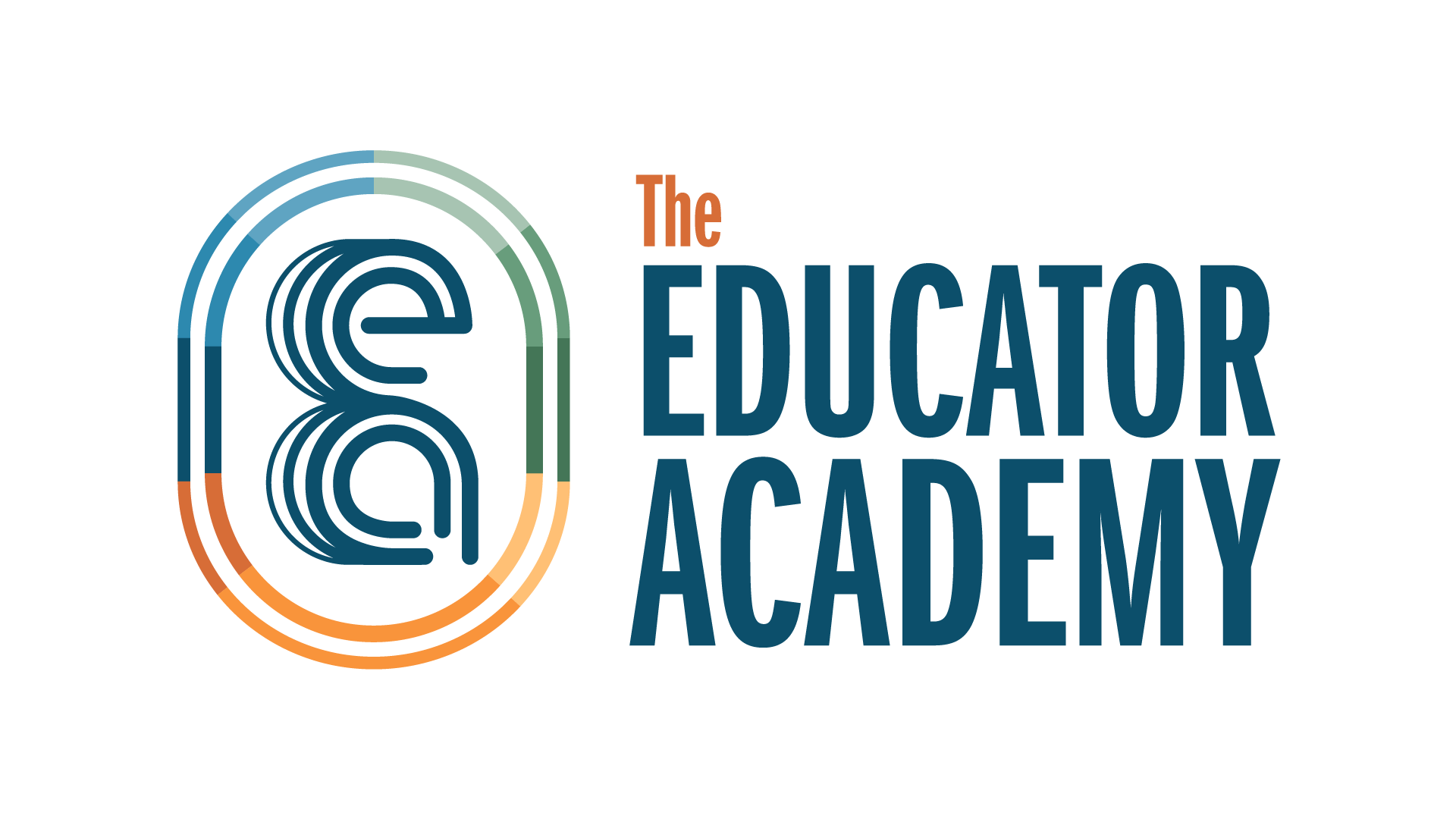
Check out this post with Chris Bowie, as he shares his experience in the classroom and becoming a teacher through the The Educator Academy Program. Chris shares his experience as a Black male teacher in the classroom, while also balancing his personal life as a husband father of 5 kids. This post was transcribed and edited from an interview we did with Chris. You can watch the video interview on our youtube page.
Interviewer: I’d love for you to share a little bit about yourself!
Chris: I’m Chris Bowie, I teach fifth grade at Brookside charter school. I am from The Educator Academy cohort five, this is my first year as a teacher of record. I was the resident teacher of the year last year which I think is pretty cool so I’ll name that.
Interviewer: Tell me about how you ended up at The Educator Academy?
Chris: So I graduated with a degree in sports management during the COVID pandemic beginning when we didn’t really know what this was. I graduated from school in Texas. But I was looking for a way to get back home.
My dad used to be a teacher. My sister’s a teacher, my aunt’s a teacher, my cousins are teachers. So I kind of always knew I was going to be a teacher at some point. I was just kind of fighting it for as long as I could. But then with the pandemic, I don’t think I had the urge to fight any more. So I found The Educator Academy.
Interviewer: So you have a lot of other examples in your family of teachers, and then you’ve also learned from The Educator Academy, but how do you define highly effective teaching for yourself and for your fifth grade students?
Chris Bowie: I think for me being highly effective in my teaching is first starting by having a relationship with my students, understanding them, understanding where they come from, understanding who they are as people and not just students. I think I have a unique perspective on that as somebody who was once in their shoes; That perspective is a little bit challenging because most people haven’t had a black male teacher in fifth grade.
It’s a little bit different for me than probably a lot of other teachers in, both positive and negative ways. For me being highly effective is all about tapping into that relationship building and ensuring that my pedagogy is catered to my students in a way that nurtures their whole being.
Interviewer: Can you tell us a little bit more about how being a black male impacts how you show up in the classroom and how that impacts your relationship with your students?
Chris Bowie: Yes, as a black male, I have to kind of tread a little bit lighter maybe than other teachers, because some of my students may have negative experiences with black men. Or they may be a little sketchy because they know black women, they know women in general, they’ve been taught by women their whole lives. So as a black male I learned right away that showing up and like trying to lay the hammer down is going to lead to a lot of negative things in the classroom. So just trying to balance someone who they see and they can recognize but then also understanding the intricacies of their previous relationships with people who look like me and navigating that as we go.
Interviewer: What would you say to a Black male reading this article? Can you talk a little bit more about the importance of having Black male teachers?
Chris Bowie: I will speak from the black male perspective. If you look at any statistic, I think there’s something like only 2% of teachers in America are black men, but when black men are teaching in urban environments or lower-income environments, they have a major impact. Having one black male teacher in elementary school, like decreases dropout rates for young black and brown kids, but like 39%. (Chris quoted 35 in the interview but it’s actually even higher impact at 39%! See more details in the research).
So it’s a high impact career field as a Black person, but particularly as a Black male. I think it is something that is super rewarding. If you want to make an impact on the future generations, this is it. I have 20 students right now. Think if they each only have one kid, you could be affecting the lives of 40 people. The impact is really exponential. Generationally speaking, you can go even deeper than that. You have the ability to have an impact and make a difference.
You have the ability to make a difference just by showing up and representing something that is not represented very often in this industry. Kids need to see that Black men can be teachers. Everybody knows LeBron James or whoever the hottest rapper is, but the chances of a kid being that are slim to none, but you could be a teacher; you could be a professional. It’s incredible to be able to have that impact and be able to show a different career path.
Interviewer: How do you foster inclusivity in your classroom amongst your students?
In my classroom, we typically have morning meetings – a restorative type circle, where we really just have a conversation about anything; anybody can share what they are feeling. So if anybody feels like they didn’t like something, or something felt wrong to them, we just talk about it. We try to make sure that in our classroom it’s a community. Everybody is comfortable. Everybody has the same opportunities to do or achieve whatever they want to achieve.
The big thing in my classroom is everybody understands that. Everyone has the ability to be and do whatever they want to do. We make sure that everyone always understands that nobody is better than anybody else. Nobody is less than anybody else. And everybody has a place in a community.Everybody plays a part and everybody has a role to play to make that community strive.
What does work life balance look like for you? Or how do you prioritize taking care of yourself?
I think work life balance is very important, as we all know. It’s not necessarily always the most easy thing as a teacher. You have tons of stuff that you could do outside of work. For me, the biggest thing is when I’m gone, I’m gone. I don’t do work outside of work. I come to work to work my certain timeframe and then when I’ve worked that timeframe, I’m done. Don’t get me wrong. There’s times when you have to lesson plan, or like last night I had a parent call me at 6:45PM; you do have to handle those situations. However, I hear a lot of other teachers talk about how they’re working all day and all night and on the weekends. And I just don’t do that because that would not be the most healthy thing. I have five kids of my own, and a wife, plus the 20 students I have in here, plus 50 students on the basketball team. So when I’m gone from the building, I’m gone. When I get home, I get time to myself and on the weekends, we make sure we have a lot of fun and don’t think about professional things or work things.
So my thing is just to leave work at work. And I know that can be kind of difficult. But I think it’s very important to understand that you can’t take care of your professional life if you don’t take care of your personal life.
Interviewer: How do you define success for yourself, knowing that there’s always something you could be doing for school; what does that look like to set a standard of success for yourself?
I think a lot of people, when they think of success, they think of the world at large or they think of their peers, but for me, success is just being my best self. I don’t think I’m in competition with anybody else. I’m just in competition with myself. So as long as I can be 1% better than I was the previous day, then that’s good enough for me. I feel like I have the ability to be whoever I want to be and achieve whatever I want to achieve. That allows me to not compete with anybody or not try to impress anybody. It’s important in life to run your own race. It doesn’t matter what anybody else is doing.

